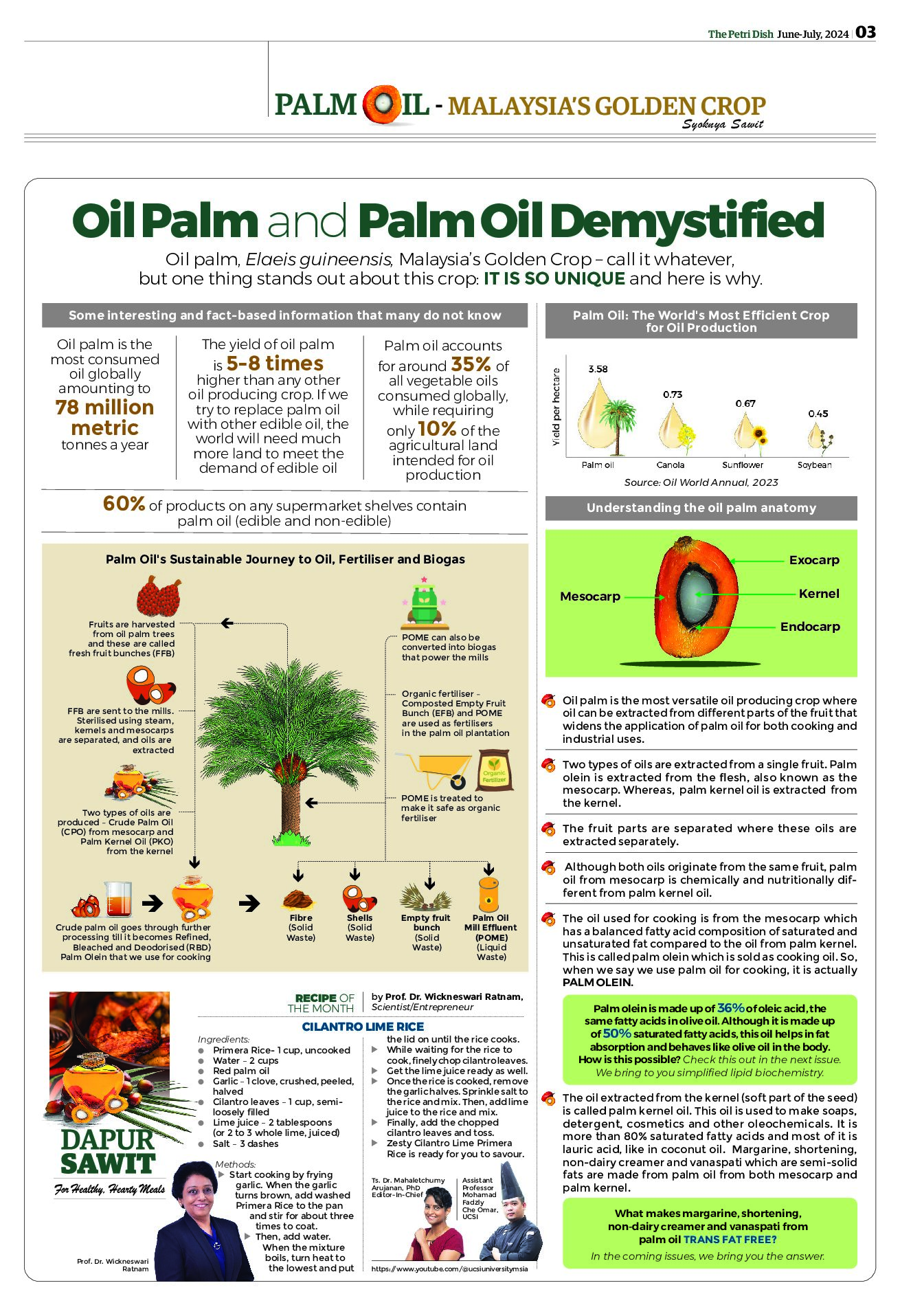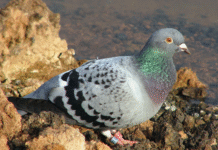A recently concluded workshop on communicating research hosted by Malaysian Biotechnology Information Centre (Mabic) and Monash University Malaysia, found potential “science journalists” among researchers. The articles published here is also a testimony of the success of the first home-grown science communication teaching module created by Mabic. The writers were given an opportunity to write popular science stories. The Petri Dish and Mabic will continue to support scientists in their attempts to bridge science and society. The writers of both these articles role-played the function of a journalist and for this reason their stories carry their bylines.
A TEAM of researchers from Monash University Malaysia have developed a zebrafish model to study the co-morbidities (secondary condition) of epilepsy. One of the common co-morbidities in people with epilepsy is memory problem.
According to their research published in Frontiers in Pharmacology, not only epilepsy, but also currently available drugs used to treat epilepsy, contribute in deteriorating memory function in people with epilepsy.
Epilepsy is a serious neurological disorder affecting 70 million people around the globe. Although, it is one of the world’s oldest disease, scientist have failed to understand the real cause of the disease and are yet to find a permanent cure for it.
This newly developed model using the zebrafish will not only allow scientists to understand the mechanism of the disease but also will help in developing safer drugs. The zebrafish is the best model to study human diseases as 84 per cent of genes in the fish are similar to human.
Dr Farooq Shaikh, a Senior Lecturer at the Jeffrey Cheah School of Medicine & Health Sciences said, “The major problem associated with conducting studies on epilepsy-related cognitive function is the lack of easy, rapid, specific and sensitive in vivo testing models.
“However, by using a number of different techniques and parameters in the zebrafish, we can incorporate the unique feature of specific disorder to study the molecular and behaviour basis of this disease.
“Finding a cure for epilepsy is our ‘holy grail’ and we hope our zebra-fish research will help us to improve quality of life of the patients.”
Farooq was a recipient of Monash’s PVC award for Excellence in Research and Malaysian Society of Neuroscience’s best publication award in 2017 for his research in epilepsy.
He is also an elected representative of the Young Epilepsy Section of International League Against Epilepsy for Asian and Oceanian region where his role is to support and promote epilepsy research in younger generation.
















